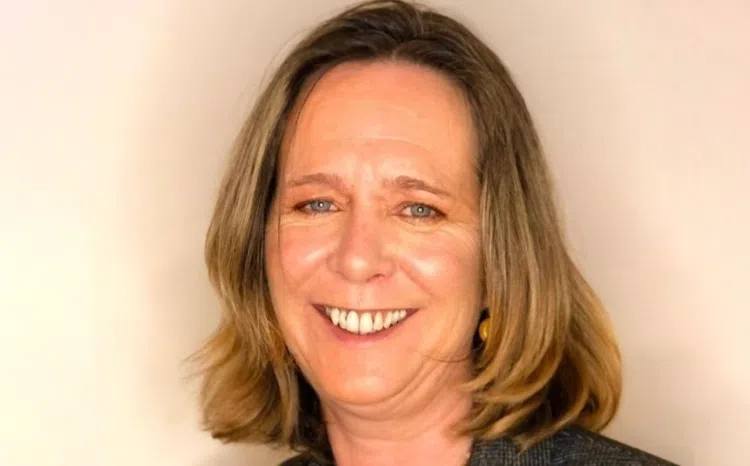Rachel Power: ‘It’s not enough to tell patients that ‘digital is good’

Rachel Power, chief executive of The Patients Association, says that the 10 year health plan’s shift to digital and emphasis on using technology to empower patients will mean addressing big challenges around equity, trust and accessibility.
Ahead of keynoting at Digital Health Rewired 2026, she tells Digital Health News why there is a pressing need to manage the tension between “AI efficiency” and our need for “human contact”.
How can we ensure that no one is left behind by the shift from analogue to digital in the 10 year health plan?
We have to maintain non-digital options and face-to-face [care] for people who can’t use or don’t feel confident in digital services. That’s about respecting different needs and capabilities.
But equally important, we need to actively make digital services accessible and bring people on the journey with us rather than saying ‘digital is good’. The 10 year health plan does have positives and commits to continuing partnerships, but we need to go further.
The scale of the challenge is huge. The Digital Consumer Index 2024 talked about 16.8 million people in the UK falling into ‘low’ and ‘very low’ digital capacity segments. We need to really think about how we’re going to address that.
“You start with people. We should be asking, ‘how is this going to work for you?’
There are two things – we’ve got to understand the trust issues around using digital and we’ve also got to understand how to make it more accessible. People with disabilities, those with lower level of income, and people of minority ethnic groups have lower level of trust.
“You start with people. We should be saying, ‘how is this going to work for you?’.”
Are patients sufficiently involved in NHS transformation?
No. I don’t think healthcare technology companies really understand how to do digital patient engagement. When I ask the question I get the answer, ‘Oh, we have a bunch of patients that we talk to regularly’.
If we’re really going to get systems to work for people, we have to get to the people whose voices aren’t being heard in the system. And that’s not easy – it’s time consuming and it’s costly. But if we can get it working for those people, then it will work for everybody.
Tech companies and digital leaders in the NHS can find people [who aren’t being heard] by working with organisations like the Patients Association and other patient charities and local communities. It’s about really understanding and not paying lip service to patient engagement in design and delivery.
There needs to be a requirement at the very beginning to say to patients and communities ‘Here’s a blank sheet of paper. What do you need?’
Are you concerned that the single patient record may involve risks to patient privacy and data security, especially given plans to allow data to be accessed by researchers?
Yes – we are always going to have issues. We did a piece of work around the Data Saves Lives strategy where we talked to small but diverse focus groups – people who don’t have a voice. What they said was, ‘let’s acknowledge that our data is going to be hacked, or people are going to try and hack it. Just be clear with us about what you are going to do when that happens’.
The desire for visibility and control is at the heart of patient concerns.
How can the human side of care be maintained in an AI-enabled NHS?
We’ve got to be really clear about shared decision-making and how AI is implemented – how it can recognise and actively address those inequalities we spoke about earlier. Again, it’s about working in partnership with patients at the very beginning to make sure that AI joins services around a patient’s needs.
One of the big trade-offs we’ve also got to be clear about is human contact versus AI-driven efficiency. We’ve got to hold on to the human level of healthcare, that’s really important to patients. We are more than our disease or condition.
Can you give us a taste of what you’ll be discussing at Rewired?
I’ll be talking about the 10 year health plan and the revolution of patient power. How do we make that a reality across every level of healthcare? What’s going to be different for patients? Patient partnership needs to become the default operating model of the NHS.
Rachel Power will be keynote speaker at Digital Health Rewired, 24-25 March, The NEC, Birmingham. Register here
Rewired 2026’s headline sponsors are The Access Group and Optum, who will also sponsor the Integrated Care and Digital Transformation stages respectively.



